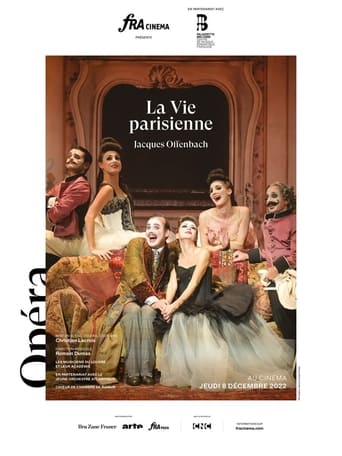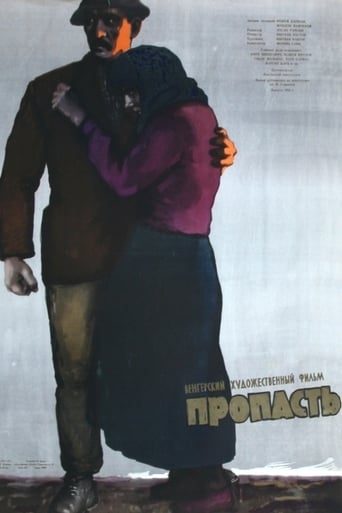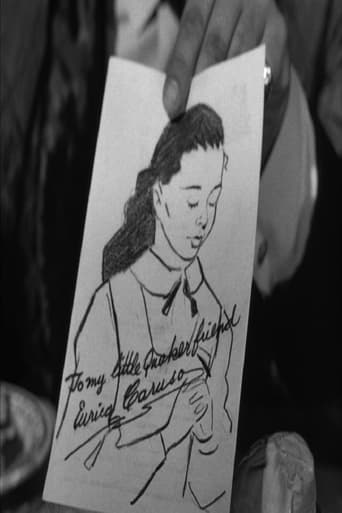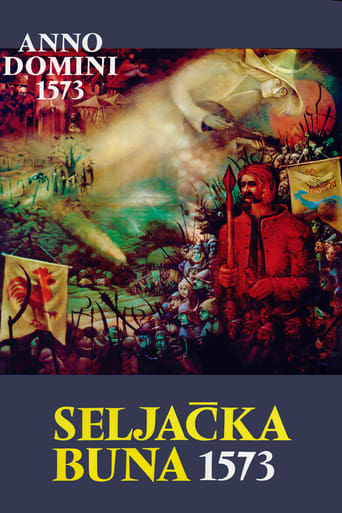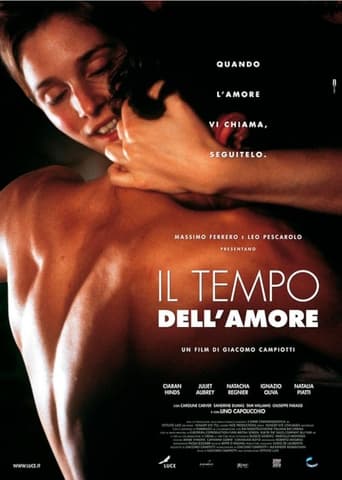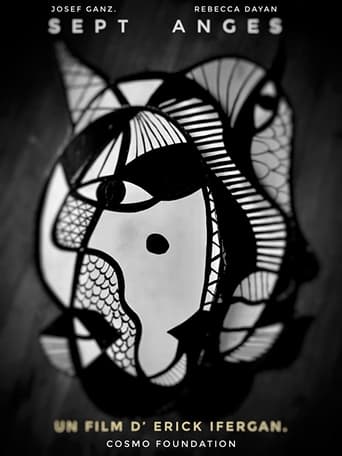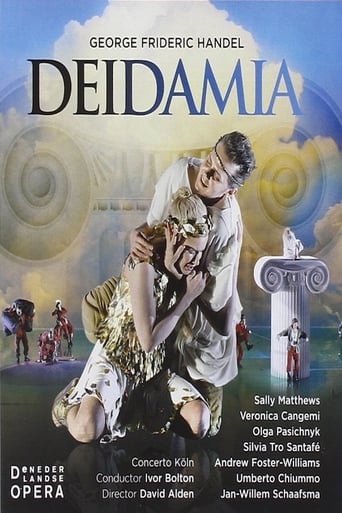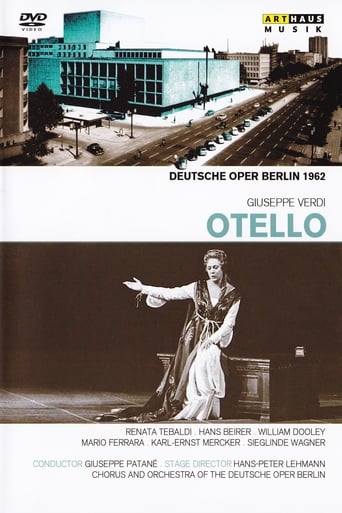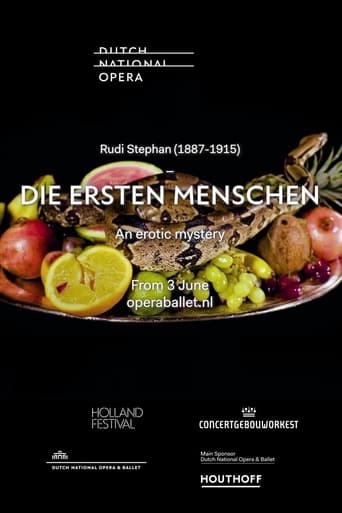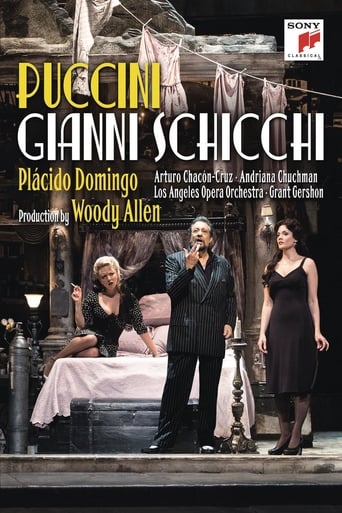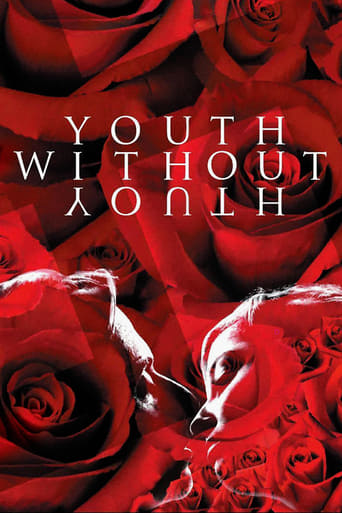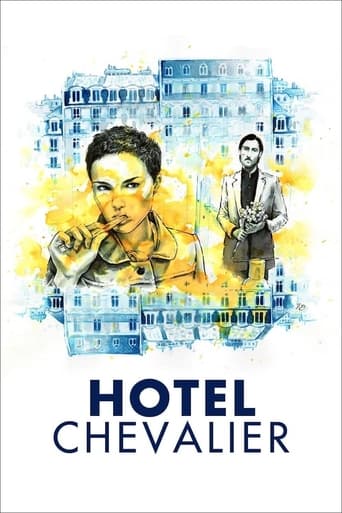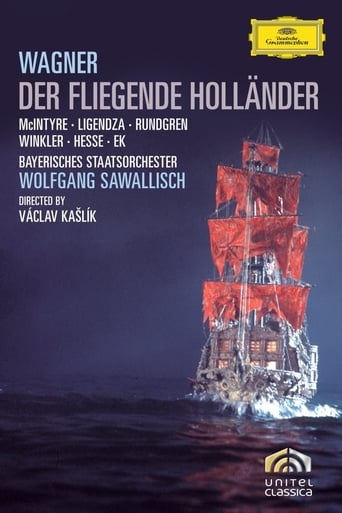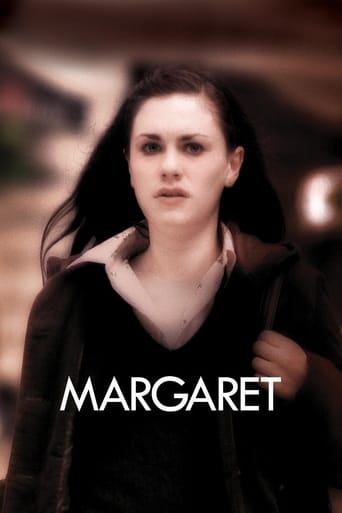Dinorah, or The Pardon of Ploërmel
Giacomo Meyerbeer's pastoral opera,based on a Breton tale, is the tale of DINORAH who has gone mad because her bridegroom Hoël has disappeared during their wedding. This production, performed as part of Théâtre Impérial de Compiegne's purpose of reviving obscure French opera, is the only version of 'Dinorah' available on DVD, but it is a great production! The painterly pastoral settings and décor and rustic costumes are very easy on the eye. Opera traditionalists who dislike modern stagings will be delighted to know that this is a traditional production. Pierre Jourdan's stage direction is charming and always involving, never once falling into static movements or gestures, gratuitous distaste and irrelevance. With Isabelle Philippe, Armand Arapian and Frédéric Mazzotta. Conducted by Olivier Opebeek.
